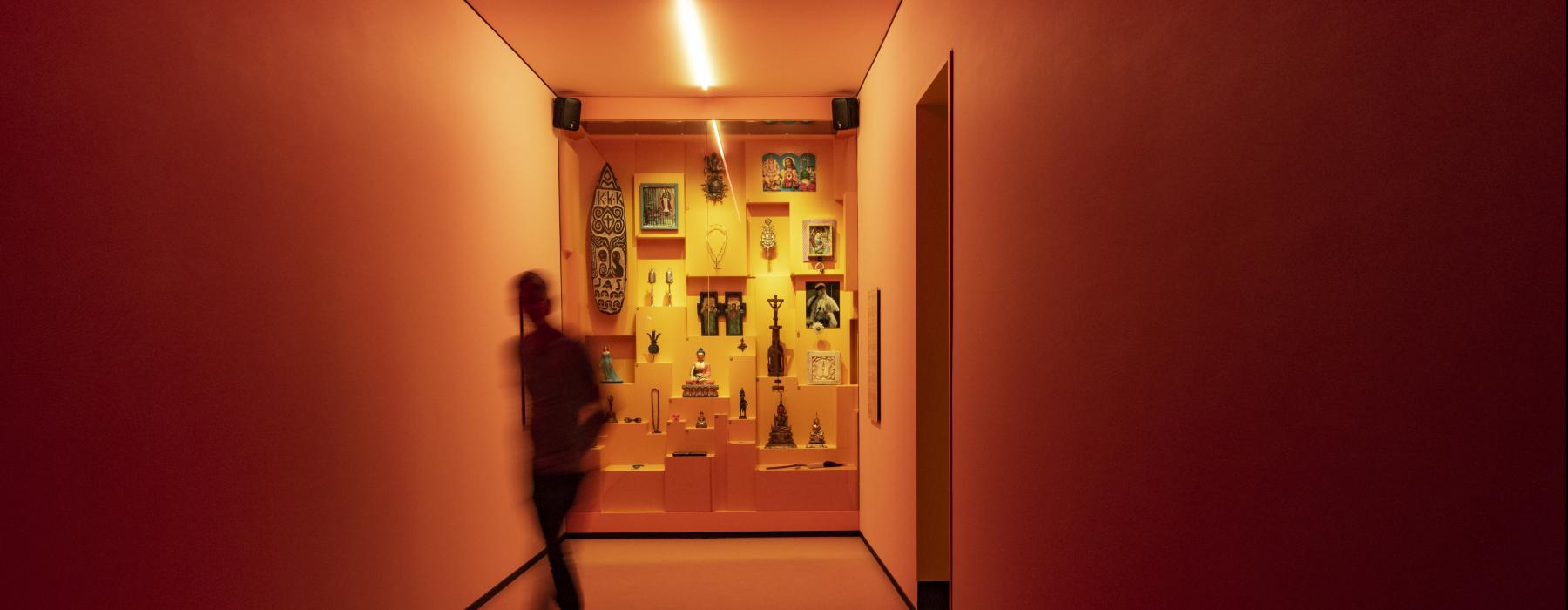
Across Europe and North America, museums are attempting to contend with their colonial legacies – from co-curating ‘decolonial’ exhibitions, to commitments to repatriating objects, to transnational ‘collaborations’ with former colonies.
However, for many it seems as though decoloniality as a mode of radical thought and action is being absorbed, metabolised and diffused. Taking the impossibility of decolonising as a starting point, this panel asks whether it is desirable for museums to adopt ‘decolonising’, what that change could look like, and what happens when black and other people of color, for example artists and writers bring their practice and bodies into institutional spaces. These spaces take up energy and time, but some would argue that constraints are generative - what does the negotiation between museum and creatives elucidate about structural racism and whiteness? Creatives must also engage with differences between ourselves, our differing historical trajectories and modes of activism. How does one contend with differing positionalities? Do different activist frameworks necessarily have to be in tension? How does one navigate difference in institutional spaces?
Sumaya Kassim: “Six months on from ‘The Past is Now’ exhibition at Birmingham Museum and Art Gallery, my argument with the museum continues. With the understanding my critique ‘The museum will not be decolonised’ has been somewhat co-opted by the museum, I continue to collaborate with creatives outside institutional frameworks exploring what it means to be a person of colour working in the shadow of racist colonial structures. In the aftermath, I’ve made a short film (with the Palestinian-Iraqi filmmaker Arwa Aburawa) and a zine (with graphic designer and Karachite Abeera Kamran, exhibited in Pakistan). I consider how these collaborations were different from working inside institutions and what tactical interventions, particularly to elucidate what it means to live in the belly of the beast as an insider/outsider figure. We must consider how #museumsarenotneutral by thinking through systemic whiteness and colonial entanglements in institutional spaces, complicity and the possibility of solidarity and transformation.”